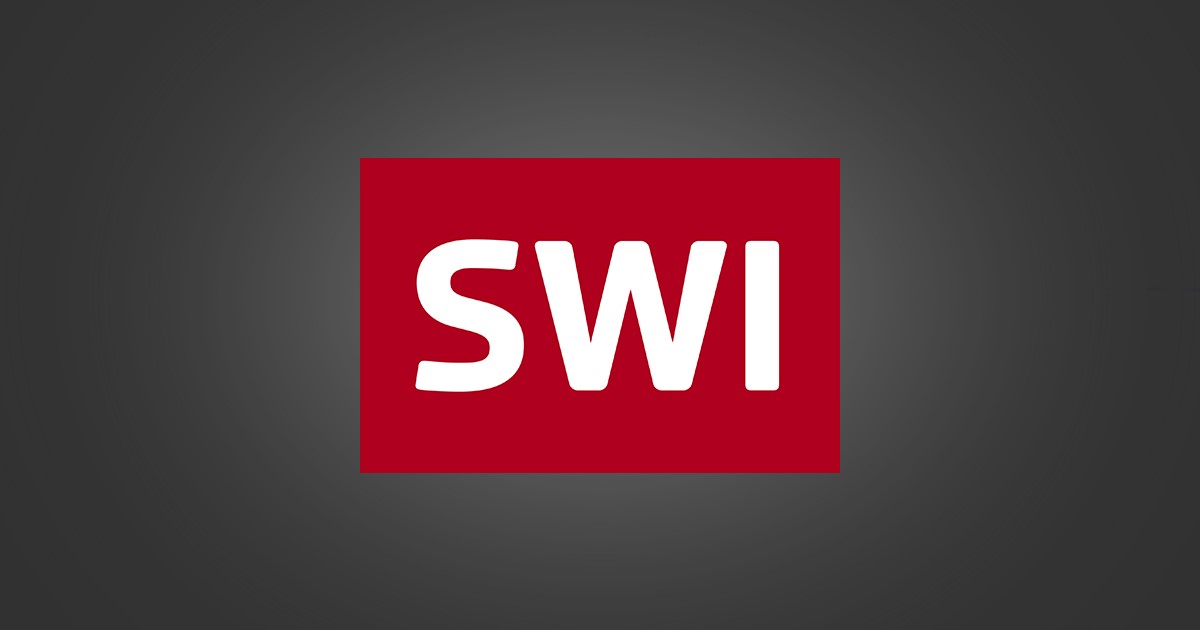This content was published on 07 March 2022 – 09:48
Kabul, March 7 (EFE).- The organization Human Rights Watch (HRW) denounced on Monday that the provincial media in Afghanistan are in a particularly critical situation due to “the extensive censorship and violence” unleashed by the Taliban since they seized power.
“The Taliban’s harassment and attacks on journalists outside major urban areas have gone largely unnoticed, causing media outlets in outlying provinces to self-censor or shut down altogether,” HRW researcher Fereshta Abbasi said in a statement. report.
After interviewing 24 journalists and other information professionals, the NGO concluded that fundamentalists exercise tight control over information and often threaten or resort to violence if they consider that the reports harm their image.
Many of those interviewed by HRW said they themselves, or their colleagues, were beaten for “attempting to report on anti-Taliban protests, arbitrary arrests, rising food prices and other issues.”
The control of information by the Taliban outside of Kabul even reaches prior censorship, HRW denounced, since the fundamentalists actively monitor journalists’ publications “and force them to share the content of their news with the provincial Directorate of Information and Culture”.
“Even reports published before the Taliban takeover are subject to scrutiny,” according to the NGO.
The situation of women journalists is particularly precarious, and HRW pointed to a report published last December by Reporters Without Borders (RSF) according to which 80% of all information professionals lost their jobs or left the profession after the capture of the country by the Taliban in August 2021.
In the largely rural province of Ghor in western Afghanistan, Taliban authorities prevented women from returning to work.
“As of February, there is no female journalist in Ghor,” lamented HRW, a situation that is also repeated in other provinces.
Afghanistan was already before the return to power of the Taliban one of the most dangerous countries for journalists and in 2021 it ranked 122 out of 180 countries in the press freedom index of the organization Reporters Without Borders (RSF).
According to a report published last December by RSF in collaboration with the Afghanistan Independent Journalists Association (AIJA), since the return of the Islamists, more than 230 media outlets have closed in the country and some 6,400 journalists have lost their jobs.
All this represents a serious setback compared to the advances achieved during the last two decades after the fall in 2001 of the first Taliban regime, with the birth of the independent media as one of its greatest achievements. EFE
lk-daa/igr/ah
© EFE 2022. The redistribution and rebroadcasting of all or part of the contents of Efe’s services is expressly prohibited, without the prior and express consent of Agencia EFE SA
–


